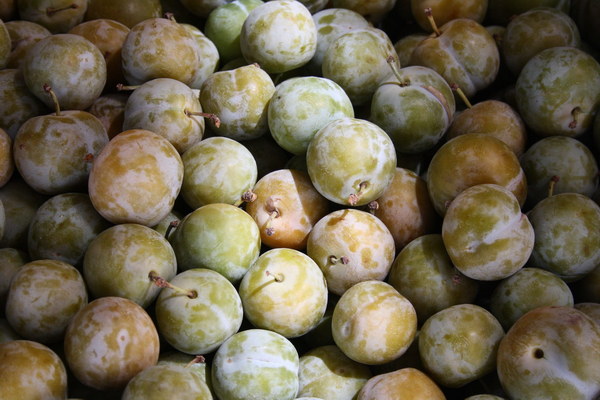The Uninvited Halitosis Why You May Smell Worse After Eliminating Dampness
In the pursuit of health and vitality, many individuals turn to traditional Chinese medicine (TCM) for its holistic approach to wellness. One of the fundamental concepts in TCM is the concept of dampness, which refers to the accumulation of excess moisture in the body. This imbalance can lead to a variety of symptoms, including fatigue, bloating, and, surprisingly, bad breath. As people seek to alleviate their dampness, they often find themselves struggling with an unwelcome side effect: worsened halitosis. This article delves into the reasons behind this peculiar occurrence and offers guidance on how to manage it.
Understanding Dampness and Halitosis
In TCM, dampness is believed to be caused by an overabundance of water and lack of warmth in the body. This imbalance can lead to the accumulation of moisture in the body, which can manifest in various ways. One of the most common symptoms is bad breath, known as halitosis in Western medicine.
When dampness accumulates in the body, it can create an environment conducive to the growth of bacteria and fungi, which are known to contribute to bad breath. As these microorganisms multiply, they produce foul-smelling compounds, such as hydrogen sulfide and mercaptans, which contribute to the unpleasant odor.
The Process of Eliminating Dampness
To address dampness, individuals often turn to TCM treatments such as herbal remedies, acupuncture, and dietary changes. While these interventions can be effective in reducing dampness and alleviating its associated symptoms, they may also lead to a temporary exacerbation of halitosis.
Here's why:
1. Detoxification: When dampness is eliminated, the body may release stored toxins, including those responsible for bad breath. This process can cause a temporary increase in halitosis as the body works to expel these toxins.
2. Increased Saliva Production: Herbs and dietary changes that help to eliminate dampness often stimulate saliva production. Saliva helps to cleanse the mouth and wash away bacteria, but it can also temporarily worsen halitosis if it contains toxins that are being released from the body.
3. Bacterial Flora Shift: As the body eliminates dampness, the balance of bacteria and fungi in the mouth may shift, leading to an overgrowth of organisms that produce foul-smelling compounds.
Managing Worsened Halitosis
Although worsened halitosis after eliminating dampness can be unsettling, there are several strategies to help manage it:
1. Good Oral Hygiene: Brush your teeth at least twice a day, floss daily, and use a tongue scraper to remove bacteria and food particles from the mouth.
2. Stay Hydrated: Drinking plenty of water helps to maintain a healthy mouth and keep bacteria in check.
3. Use Natural Remedies: Herbs such as mint, sage, and eucalyptus have natural antibacterial properties and can help freshen your breath.
4. Adjust Diet: Reduce your intake of damp-producing foods, such as dairy, sugar, and refined grains, and increase consumption of warm, cooked foods and lean proteins.
5. Consult a TCM Practitioner: A knowledgeable TCM practitioner can provide personalized advice on how to address your specific dampness and manage its side effects.

Conclusion
While eliminating dampness can lead to a temporary increase in halitosis, it is a necessary step toward achieving overall health and wellness. By understanding the underlying causes of worsened halitosis and implementing effective management strategies, individuals can overcome this challenge and enjoy the benefits of a dampness-free body and a fresher breath.









